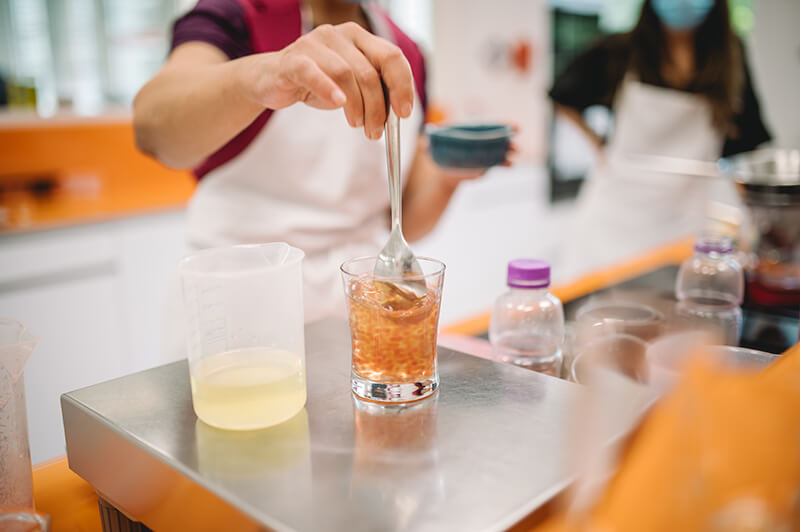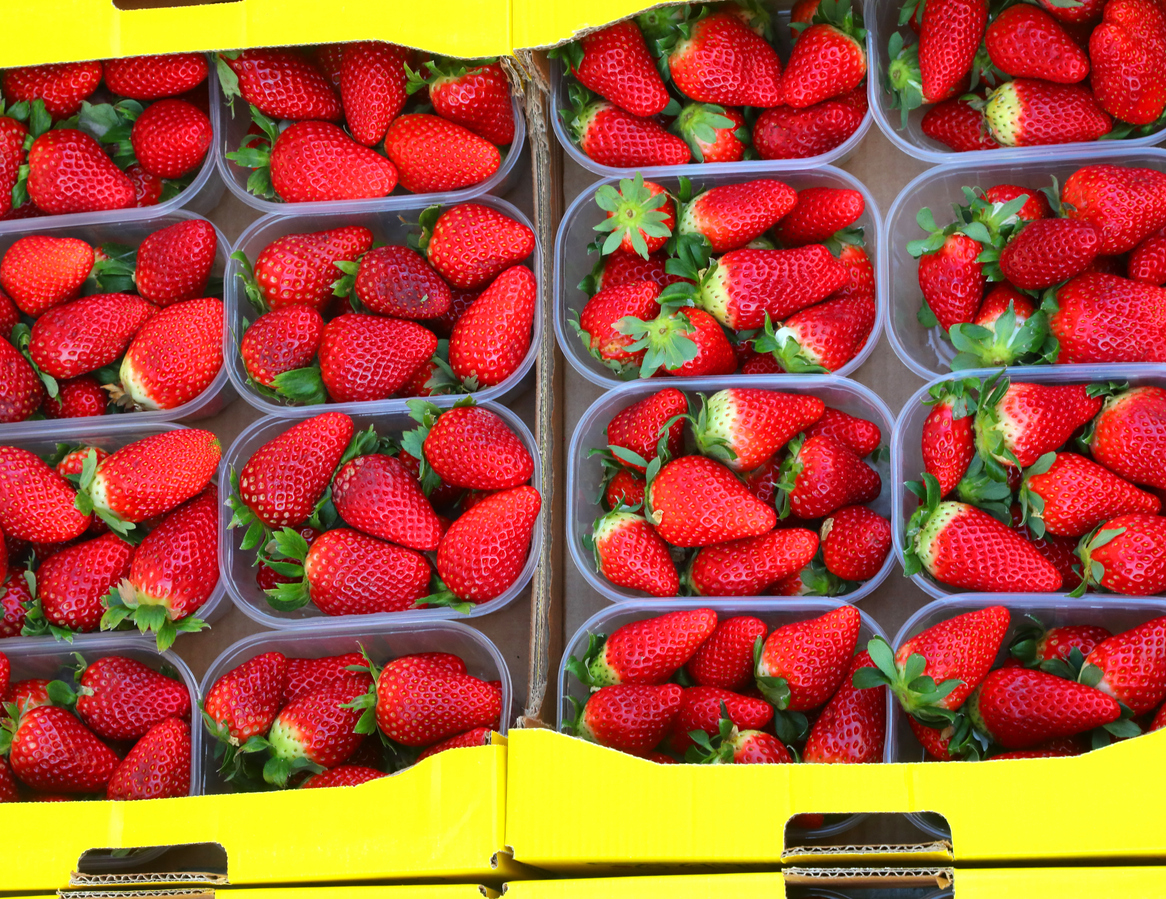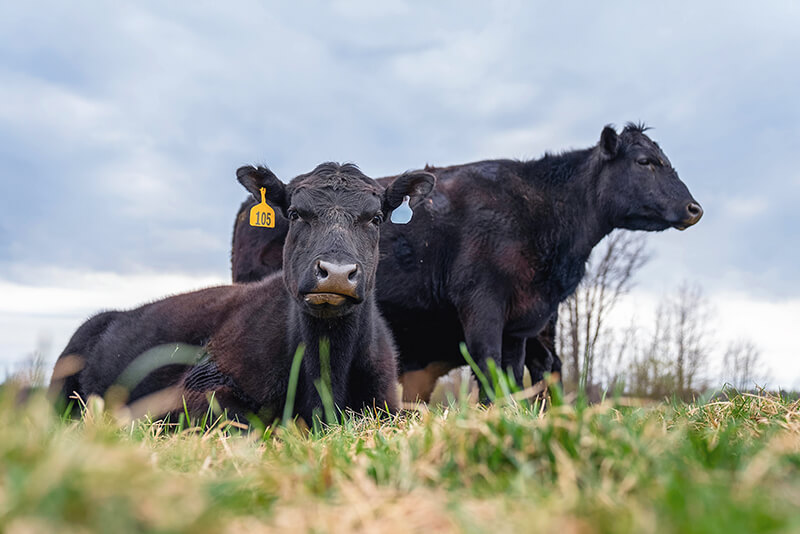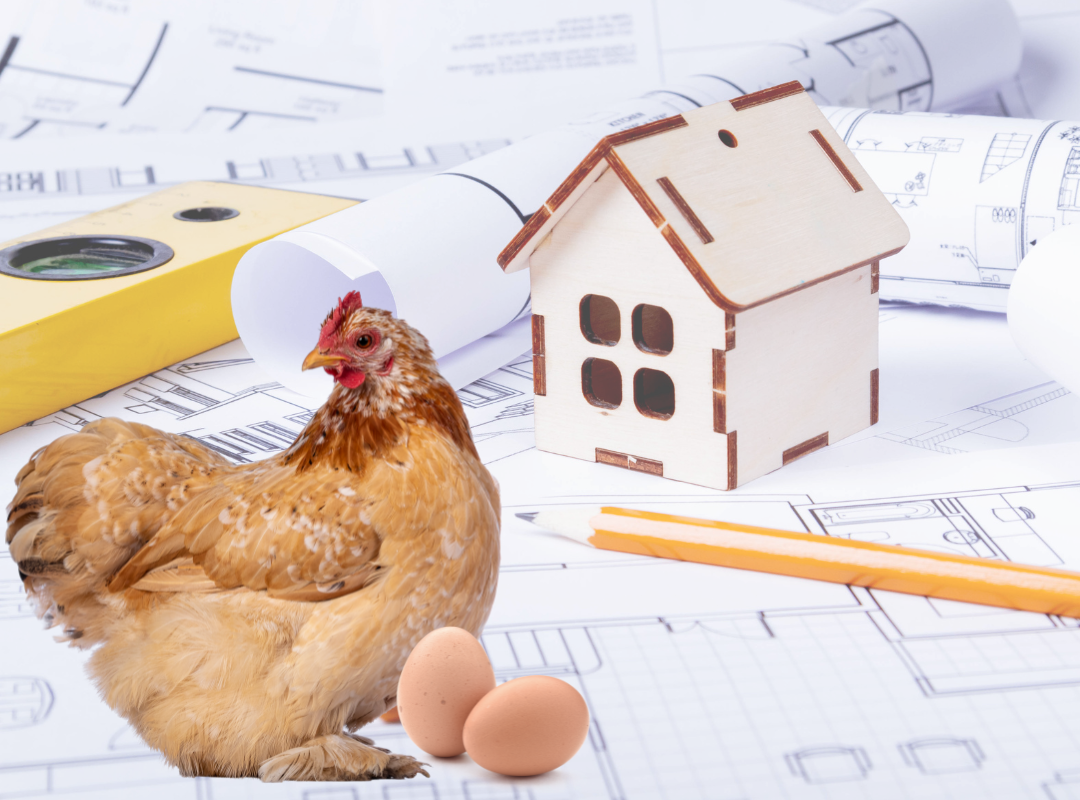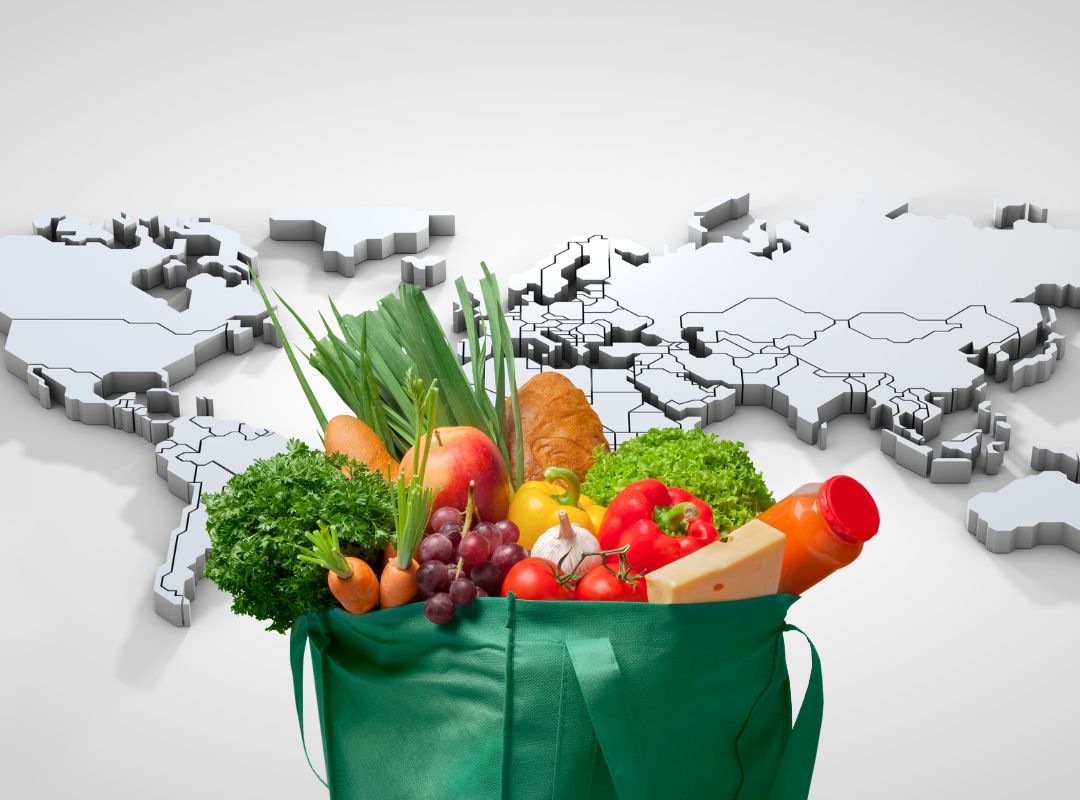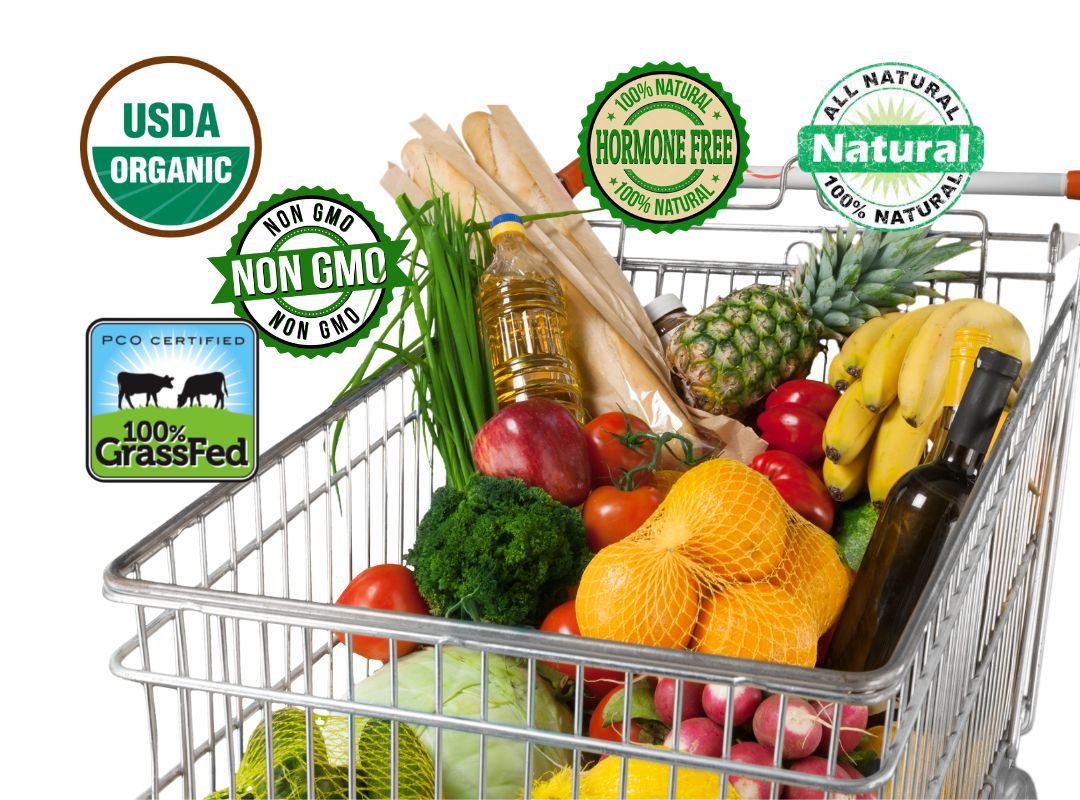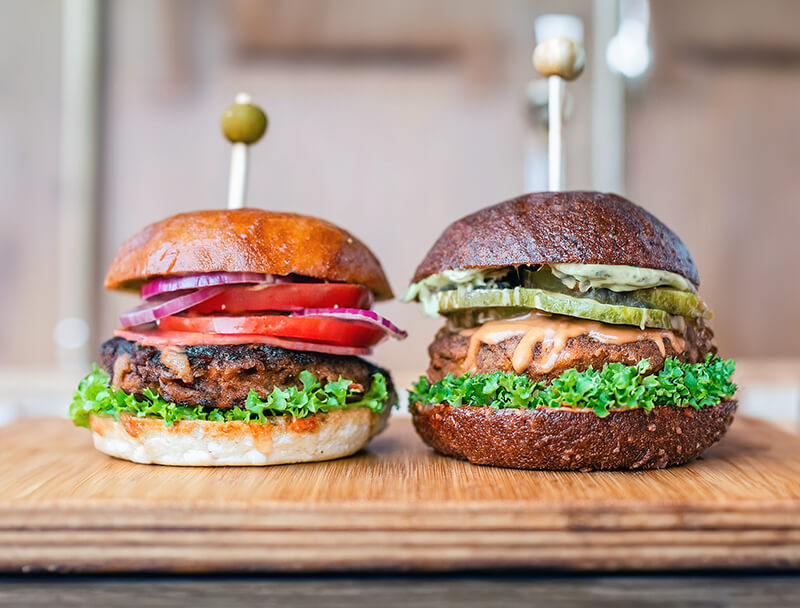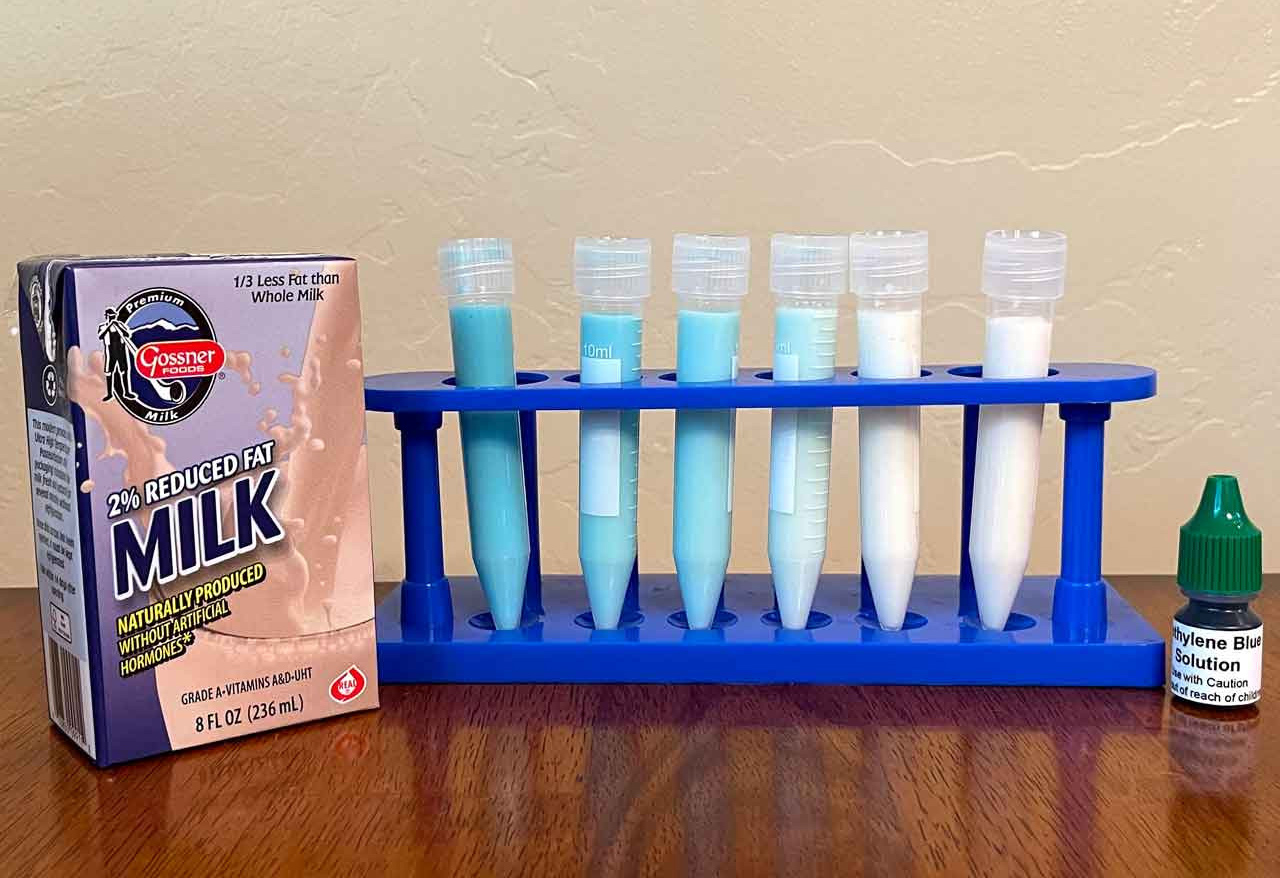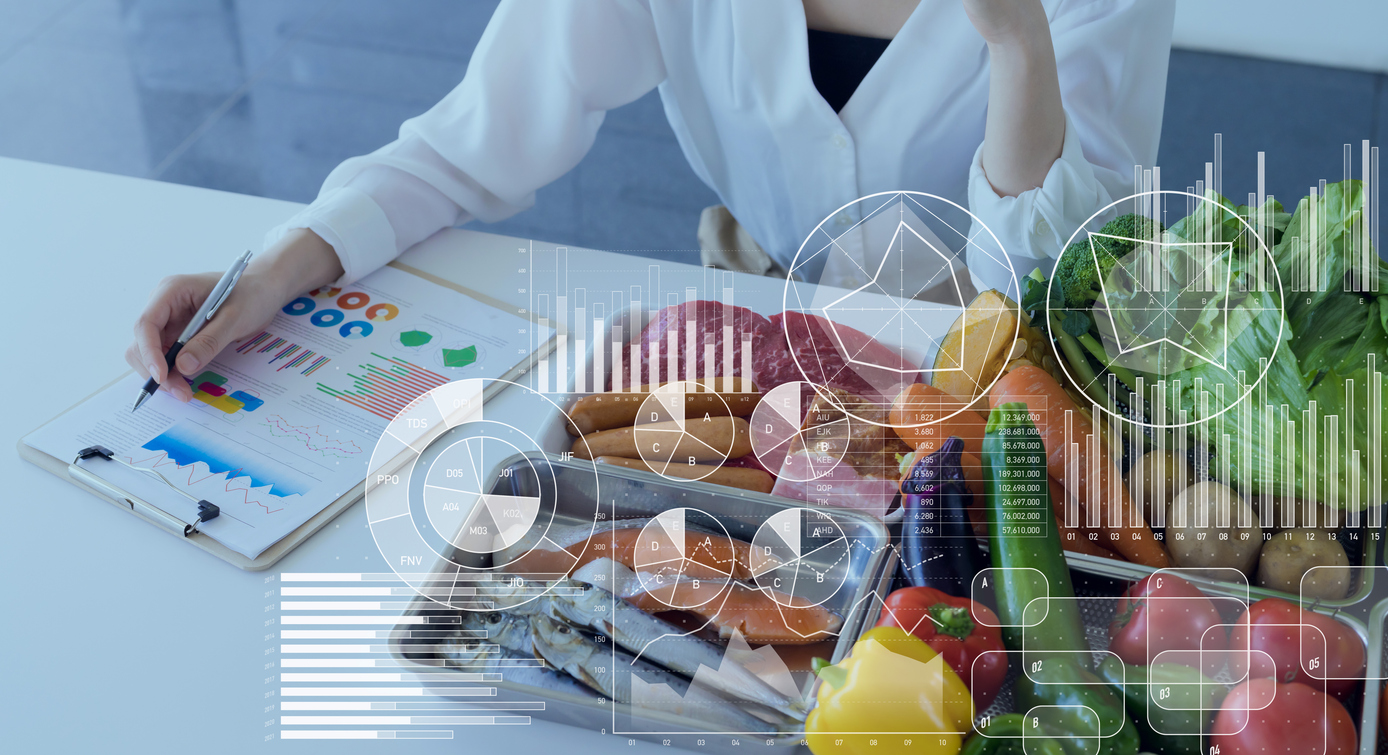
Food Safety Sleuths- Food Safety Specialist
In this lesson students will learn about foodborne illness, its prevention, and the people and organizations that are involved in food safety. Students will conduct an experiment to learn how hand-washing affects the presence of bacteria on their hands.

